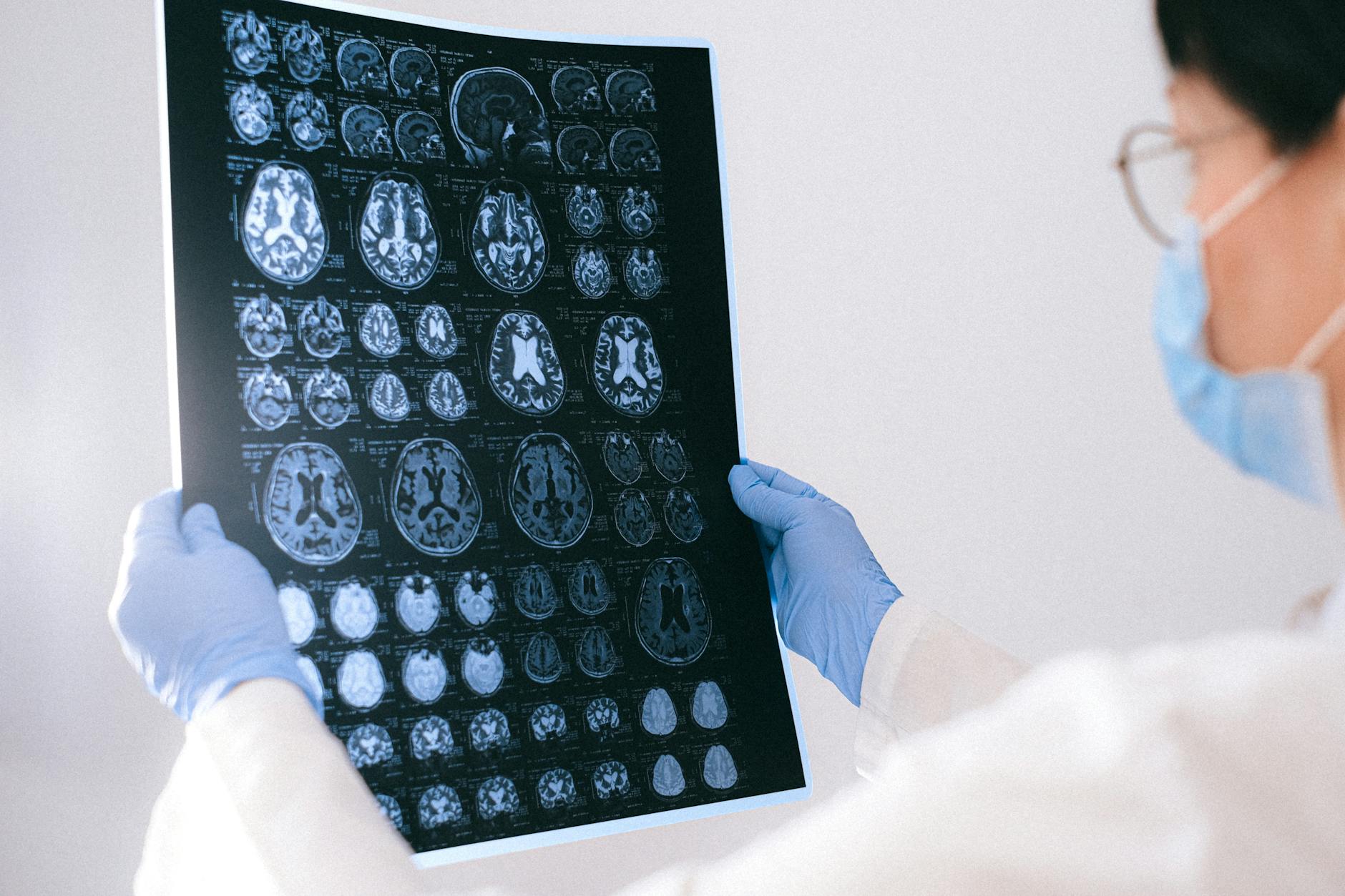Technology continues to reshape the healthcare sector, enhancing patient outcomes while tackling operational inefficiencies. From diagnosing illnesses with unparalleled accuracy to providing healthcare access for remote locations, technological advancements hold promise for a healthier future. Understanding these shifts isn’t just beneficial—it’s essential for a resilient healthcare system.
Artificial Intelligence (AI) and Machine Learning in Healthcare
Artificial Intelligence and machine learning are dynamic technologies revolutionizing healthcare. They unlock smarter processes, better tools, and unprecedented insights for providers and patients alike.
AI-Powered Diagnostics
AI excels at spotting patterns humans might miss, especially in diagnostics. Through medical imaging and tools like predictive analytics, it’s helping identify diseases early. For example, AI-powered software for imaging scans detects cancer and other conditions faster and more accurately than traditional methods. Learn more about AI’s role in healthcare here.
Personalized Medicine Through Machine Learning
One size doesn’t fit all, especially in healthcare. By analyzing genetic data, lifestyle factors, and patient history, machine learning enables customized treatment plans. This technology promises a tailored approach, ensuring treatments work best for an individual's unique biological makeup. Explore more on machine learning in medicine.
AI in Operational Efficiency
Tedious administrative tasks have long bogged down healthcare systems. AI tools can expedite appointment scheduling, billing, and supply chain management. This lets healthcare professionals focus on what truly matters—patient care—while reducing costs. Discover how AI boosts operational efficiency.
 Photo by Anna Shvets
Photo by Anna Shvets
The Role of Telemedicine in Expanding Access to Care
Telemedicine bridges gaps between patients and healthcare providers, offering seamless communication and quality care, regardless of geography.
Virtual Consultations and Remote Monitoring
Telemedicine platforms allow patients to connect with doctors from the comfort of home. It’s especially valuable for managing chronic conditions, where consistent monitoring and consultations are key to preventing complications. Explore telehealth benefits in detail.
Overcoming Geographic Barriers
For rural or underserved areas, telemedicine is a lifeline. It offers timely care to patients who might otherwise face significant delays, filling critical gaps and saving lives. Read about its role in addressing geographic challenges.
Challenges Faced by Telemedicine
Despite its promise, telemedicine has hurdles like limited internet access and concerns over data privacy. Regulatory requirements also complicate widespread adoption. Addressing these issues is crucial to unlocking telemedicine’s full potential. Understand telehealth’s challenges.
The Integration of Wearable Technology
Wearable technology is empowering individuals to take charge of their health while assisting healthcare providers with real-time data analytics.
Health Monitoring Devices
From fitness trackers to wearable ECG monitors, these devices track everything from sleep patterns to vital signs. They provide actionable insights for both users and healthcare professionals. Check out the latest innovations.
Data Sharing Between Patients and Providers
Wearables bridge communication gaps by delivering patient data directly to doctors, fostering preventative care. This dynamic flow of information accelerates diagnostics and treatment plans. Learn more about the impact of wearables.
The Future of Wearable Tech
Future advancements might include implantable devices that offer precise tracking of vital metrics or even disease alerts. As sensors improve, wearable tech will become even more indispensable.
The Rise of Robotic Surgery and Automation
Robotics and automation are enhancing precision and easing the burden of repetitive tasks in healthcare.
Enhanced Surgical Procedures
Robotic systems offer surgeons unmatched control during complex procedures, reducing recovery times and risks. Minimally invasive techniques, guided by robotic arms, are transforming surgical success rates. Discover robotic surgery advancements.
Automation in Routine Medical Tasks
Repetitive tasks like sanitization, monitoring vitals, and even dispensing medication can now be handled by automated systems. This reduces errors while streamlining day-to-day operations. Explore medical robot use cases.
Blockchain Technology for Secure Health Data Management
Blockchain offers a robust solution to one of healthcare’s most pressing issues: secure, accessible data management.
Securing Patient Data
Blockchain’s decentralized nature ensures tamper-proof medical records. It reduces data breaches while fostering trust between patients and providers. Find out how it enhances data security.
Facilitating Interoperability
Fragmented healthcare systems make data sharing difficult. Blockchain unites these disparate systems, simplifying data exchanges for better patient outcomes. Learn how blockchain solves interoperability challenges.
Conclusion
From AI-powered tools to blockchain security, technological breakthroughs are shaping modern healthcare. These innovations promise not just efficiency but better patient care, wider access, and cost reduction. Staying attuned to these advancements ensures a system equipped for the challenges of tomorrow.
